10 Benefits Of Turmeric And Ginger, How To Use, & Side Effects
Enjoy the health-boosting properties of the amazing duo and boost your immunity.
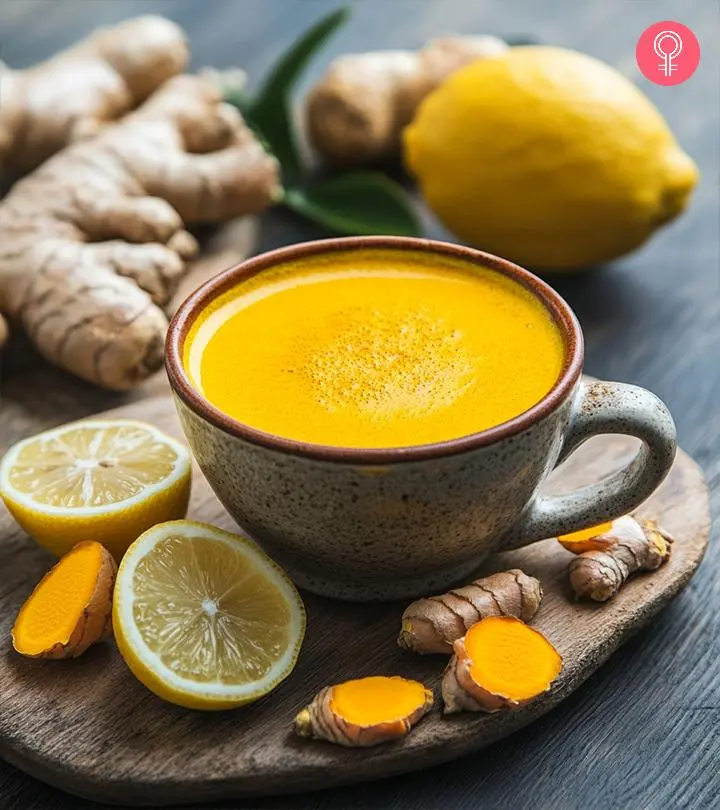
Image: Midjourney/ StyleCraze Design Team
The modern world has taken notice of the turmeric and ginger benefits. There is a growing recognition that ginger and turmeric are powerful natural remedies. However, many ancient civilizations have used them for centuries. Early Indian and Chinese civilizations used ginger for medicinal purposes (1). Turmeric may stem from Ayurveda and India, but it was long used by ancient Greeks, Egyptians, and Romans as food, dye, and cosmetic ingredient (2).

Let’s dive into the health benefits of ginger and turmeric, their side effects, and how you can incorporate them into your daily life. Read on to know more.
In This Article
What Is Turmeric And Ginger Tea Good For?
Turmeric and ginger belong to the rhizome family. This means our terrific tubes grow not only roots but also shoots that are similar to a root system. While turmeric and ginger are primarily used as a spice and for cosmetic purposes, you can make your own turmeric and ginger tea every day and reap the benefits of it!
- Helps In Reducing Nausea And Vomiting

If you get bouts of morning sickness every day or you are going through chemotherapy, the side effects of which make you feel nauseous, then a good cuppa of ginger tea can sort that out! Researchers conducted a systematic review to understand the role of ginger in nausea induced by pregnancy and chemotherapy. The results showed that ginger played a beneficial role in reducing nausea and vomiting, thus proving the mighty power of ginger (3). Beyond easing nausea, ginger tea benefits extend to providing a healthier alternative for those who prefer not to take anti-nausea medications.
- Helps In The Prevention of High Blood Pressure
Are you looking for a natural alternative to help keep your blood pressure under control? Then look no further! A study was conducted to understand the correlation between daily consumption of ginger and the prevention of chronic diseases such as high blood pressure. The results showed that daily consumption of ginger is associated with a lower risk of developing high blood pressure (4).
- Boosts Your Immune System
Dubbed “The Golden Spice”, turmeric comes with a lot of benefits. One of them includes boosting your immune system. Research shows that curcumin, the orange-yellow compound found in turmeric, helps in the activation of t-cells, which are responsible for developing the immune response in our body (5). Make tea out of this earthy spice and spice up your immune system! Also, the antimicrobial, antibacterial, and anti-fungal properties of turmeric and ginger help manage seasonal cough, cold, and congestion (6).
- Helps Improve The Symptoms Of Rheumatoid Arthritis

Who knew this tangy spice is packed with so many benefits? Turmeric has been shown to help manage the symptoms of rheumatoid arthritis. Rheumatoid arthritis is a medical condition that is characterized by inflammation of the joints. This condition develops when the body’s own immune system turns against its own body and attacks the cells. A study was conducted where researchers split forty-five patients with rheumatoid arthritis into three groups. One group was administered turmeric and the other two groups were given an anti-inflammatory drug alone or combined with turmeric. The result showed that the group administered turmeric alone showed signs of improvement in their symptoms, thus showing the medical potency of turmeric (7).
Note: It is important to note that most studies use concentrated curcumin extracts, not turmeric consumed in dietary amounts. Therefore, it is also important to consult with a healthcare professional before making significant dietary changes, especially if you are pregnant or breastfeeding. Also, natural remedies cannot replace prescribed medication and treatment. Never substitute any prescribed medication with turmeric without consulting a doctor.
Now that you know the benefits of turmeric and ginger tea and how they can improve your health, let us have a look at the benefits of ginger and turmeric in general.
Key Takeaways
- Ginger helps reduce weight, lower cholesterol levels, improve brain function, solve indigestion issues, and manage period pains.
- Turmeric helps maintain heart health, decrease symptoms of depression, lower blood sugar levels, improve skin health, and prevent eye diseases.
- You can consume ginger and turmeric by preparing tea or milk or adding them to your meals.
- However, consuming an excess of turmeric and ginger can increase the risk of kidney stones and bloat, respectively. Hence, practice moderation.
10 Benefits Of Ginger and Turmeric
As you can see, the dynamic duo, in any form, is good for your health. But in their purest form, what are the turmeric and ginger benefits? Let us read further to find out.
Alicia Chacha Miller mentions, “Turmeric is most well known for its strong anti-inflammatory and antioxidative properties, which can be incredibly helpful for supporting joint health and can also support immune function. Ginger shines when it comes to supporting good digestion, easing nausea, and providing antiviral support. These two ingredients shine synergistically when paired together, enhancing their health benefits to naturally reduce inflammation and support overall wellness.”
1. Ginger Can Help You Shed Those Extra Pounds
If you are looking to shed those extra pounds naturally, go gorge on some ginger. Researchers conducted a systematic review to see the effect of consumption of ginger on weight loss in overweight and obese people. The researchers concluded that the consumption of ginger saw a decrease in body weight and an increase in HDL cholesterol (good cholesterol) levels in the subjects, thus proving the goodness of good old ginger (8). Juliana Tamayo, MS, RD, a Clinical Dietitian at MedStar Washington Hospital Center, says, “Ginger is often included in diets and weight loss products due to its “detox” abilities. Most of these, though, come from the fact that ginger helps with proper digestion, overall improving how your body absorbs and processes nutrients.”
Emma J, a blogger and fashion enthusiast, took a ginger shot every morning for a month and explained how it transformed her energy levels. She writes, “The immediate health-boosting effect of ginger shots was astonishing. I felt more energized and less weary throughout the day, and by the end of the first month, I felt invincible (i).”
However, it is important to note that ginger alone is not a magic solution for weight loss. It may only play a supportive role in your weight loss journey. Achieving sustainable results depends on a holistic approach that includes mindful eating habits, physical activity, and emotional well-being.
2. Ginger Is Beneficial For Indigestion

Do you ever feel gassy, bloated or a burning sensation in your chest, chances are that you might be suffering from indigestion. It is more common than you think. One in every four people in the USA is affected with indigestion or dyspepsiai Commonly referred to as indigestion that causes bloating, gassiness, nausea and discomfort in the stomach. every year (9). A study was conducted to see how ginger has antioxidant properties that affect gastric motility in people with functional dyspepsia or chronic indigestion. The subjects were given three ginger capsules or a placebo followed by a soup after an hour. The results showed that the subject’s gastric emptying was faster after consuming ginger supplements than placebos (10). This is essential because gastric emptying is associated with relieving discomfort from indigestion.
Some evidence also suggests that the antioxidant gingerol present in ginger communicates with the feel-good chemical (serotonin) receptors in the brain to help relieve stomach discomfort and nausea (1). However, the exact mechanism is unclear and quality research is warranted in this regard.
3. Ginger Helps Reduce Period Pains
Ladies, if you suffer from painful period pains and no amount of hot water bags is helping you drive that pain away, then behold the zingy ginger. Research has shown that ginger is as effective as non-steroidal inflammatory drugs in reducing period pains in women (11). So, if you are looking to say bye to those painkillers and go natural, then ginger is the way.
A study conducted on 6 clinical trials involving 687 patients looked at the effectiveness of taking powdered ginger orally to help dysmenorrhea, the moderate to severe pain that occurs during menstruation. The data suggests that taking 750 to 2,000 mg of ginger on the first three days of menstruation may be a promising option for pain relief. It was also found that ginger was more effective than a placebo and equally as effective as NSAIDs.
4. Ginger Improves Brain Function
Did you know that ginger can improve your brain’s functionality? Research says so. Researchers conducted a study to see the effect of ginger extract on middle-aged women’s cognitive function. Sixty women were given ginger extract for two months and the results were promising as the women showed an improvement in their working memory and general brain functionality (12).
5. Ginger Lowers Your Cholesterol Levels
High cholesterol levels have been linked to an increased risk of developing heart diseases. You can develop cholesterol when large deposits of LDL cholesterol (bad cholesterol) form in your blood vessels, narrowing the blood flow to your heart, ultimately leading to a heart attack or stroke (13 ). How can you get your cholesterol levels down? In a study conducted in 2018, people ranging from the age of 18 to 70 years were asked to take 5 grams of ginger every day for three months. The results showed an astounding 17.41% decrease in LDL cholesterol levels and an 8.83% decrease in total cholesterol levels (14).
6. Turmeric Decreases Your Risk Of Developing Cardiovascular Diseases
Did you know that turmeric and ginger belong to the same family? Then you will not find it surprising that the health benefits of turmeric and ginger are many. Research shows that turmeric is excellent for maintaining good heart health. A study was conducted to see how curcumin, which is found in turmeric, affects heart health in young, healthy adults. Fifty-nine adults were given curcumin extract for eight weeks and saw a 3% increase in heart function (15). This suggests that curcumin decreases your risk of developing cardiovascular diseases.
Staci Gulbin, MS, MEd, RD, LDN, mentions, “Turmeric and ginger can provide antioxidant properties to help reduce cell damage over time and in turn, can lower your risk of chronic diseases like heart disease and diabetes when consumed as part of a healthy, balanced eating and exercise routine.”
7. Turmeric May Help Decrease Symptoms Of Depression
Depression has been dubbed “The Silent Killer”. WHO estimates that 280 million people around the globe suffer from depression (16). A controlled study trial was conducted with sixty people diagnosed with a major depressive disorder to see the effect of curcumin on their symptoms. The results showed that taking 1000 mg of curcumin for six weeks had the same effect as the antidepressant, Prozac (17). It is also believed that curcumin in turmeric stimulates the production of serotonin and dopaminei A neurotransmitter that acts as a chemical messenger between neurons and is responsible for mood regulation. , which have antidepressant effects (18) The presence of geraniol in ginger may also protect against stress (19). However, more quality research is warranted in this regard.
8. Turmeric Helps Lower Your Blood Sugar Levels
Although most research studies done today have been conducted on animals, they still show promising results when it comes to turmeric and its effect on blood sugar levels. A study was conducted to see how curcumin affects insulin levels in obese mice. The mice were given curcumin for a period of sixteen weeks with their insulin levels being monitored daily. The results reported lower levels of insulin in the mice along with lower body weight (20).
9. Turmeric Makes Your Skin Healthy
If you suffer from any skin disease or you simply want some smooth and shiny skin, then turmeric can give you that. A systematic review was done to examine the effects of turmeric on skin health. The researchers concluded after reviewing 234 articles that curcumin, the active compound in turmeric, had a beneficial impact on skin health in relation to skin conditions such as alopecia, dermatitisi An umbrella condition causing skin inflammation, rashes, and itchiness and includes diseases like eczema. , etc (21). However, practice caution when using turmeric topically, as it may cause allergic reactions or skin irritation in some individuals. It is best to perform a patch test first or consult a healthcare provider before use.
10. Turmeric May Help In Preventing Eye Diseases
This golden spice has been used by ancient Indian and Asian cultures for thousands of years due to its pharmacological properties. One of the top turmeric benefits is that it helps in the prevention of many eye diseases. Research shows that curcumin plays an active part in slowing down degeneration in eye diseases such as macular degenerationi A common eye disorder in old age that causes vision loss due to damage to the macula (central part of the retina). , retinal cancer, and diabetic retinopathyi Eye disease caused due to diabetes that damages the blood vessels in the tissues at the back of the eye (retina), leading to vision problems. (22).
As you can see, the spicy twins— turmeric and ginger, offer innumerable benefits that can help us lead a healthy life. Learn about the nutritional and biochemical breakdown of ginger and turmeric in the following section.
Nutritional And Biochemical Components Of Ginger And Turmeric
All the turmeric and ginger benefits come from their rich nutritional and biochemical profile. They are discussed below:
Ginger Nutritional Value And Biochemical Components
According to the U.S. Department of Agriculture (USDA), 100 grams of raw ginger root contains (23):
- Calories: 80 kcal
- Protein: 1.82 g
- Fat: 0.75 g
- Carbs: 17.8 g
- Dietary fiber: 2 g
- Calcium: 16 mg
- Sodium: 13 mg
- Magnesium: 43 mg
- Potassium: 415 mg
- Iron: 0.6 mg
- Vitamin C: 5 mg
- Thiamin: 0.025 mg
- Riboflavin: 0.034 mg
- Niacin: 0.75 mg
In addition, ginger contains other essential nutrients like vitamin K, vitamin E, choline, and folate and minerals like copper, zinc, selenium, and manganese. Additionally, ginger has the following bioactive compounds (24):
- Gingerol: This bioactive compound is found in fresh ginger. It is known for its anti-inflammatory, anti-bacterial, anti-carcinogenic, and antioxidant effects.
- Shogaol: This compound is more abundant in dried ginger. It is known for its anti-inflammatory, anti-ulcer, and anti-carcinogenic properties.
- Zingerone: This bioactive compound is produced when fresh ginger is cooked. It gives ginger its mild spicy, pungent, and sweet taste and is known for its anti-inflammatory and antioxidant properties.
Turmeric Nutritional Value And Biochemical Components
According to the U.S. Department of Agriculture (USDA), 100 grams of turmeric powder contains (25):
- Calories: 312 kcal
- Protein: 9.68 g
- Fat: 3.25 g
- Carbs: 67.1 g
- Dietary fiber: 22.7 g
- Calcium: 168 mg
- Sodium: 27 mg
- Magnesium: 208 mg
- Potassium: 2080 mg
- Iron: 55 mg
- Vitamin C: 0.7 mg
- Thiamin: 0.058 mg
- Riboflavin: 0.15 mg
- Niacin: 1.35 mg
Turmeric powder also contains other essential nutrients like zinc, selenium, manganese, vitamins K and E, and folate. Additionally, it has the following bioactive compounds you should know about (26):
- Curcuminoids: Curcumin, the primary curcuminoid in turmeric gives the spice its bright yellow color. It is known for its anti-inflammatory and antioxidant properties.
- Aromatic Compounds: The oil produced from turmeric root contains various aromatic compounds such as turmerone, ar-turmerone, and zingiberene. They are responsible for the aroma of turmeric. Out of these compounds, ar-turmerone is also known for its anticancer activities.
This is the nutritional profile of turmeric and ginger root. Let us dive into how we can use ginger and turmeric in our daily lives.
How To Use Ginger And Turmeric
Ginger is a spice that is used by various cultures around the globe, be it Chinese, Japanese, or Indian, ginger is a household staple in these cultures. It is not only used for medicinal purposes but is also one of the most common and popular cooking ingredients. Alicia Chacha Miller adds, “One of the best things about turmeric and ginger is their wide range of uses—they can be used in a number of dishes, both sweet and savory. Whether you’re adding them to teas, smoothies, soups, or even baked goods, they’re an easy and flavorful way to support your health. As long as there’s no allergy present, incorporating them into your diet is a simple and delicious way to boost both flavor and health benefits.”
Here is a simple recipe on how to make a nice, warm ginger tea at home. Try adding a teaspoon of coconut oil or clarified butter to this tea that helps in the better absorption of curcumin. Also, using full-fat dairy or coconut or almond milk for making turmeric milk helps in the effective absorption of curcumin and reap the complete benefits.
1. Ginger Tea
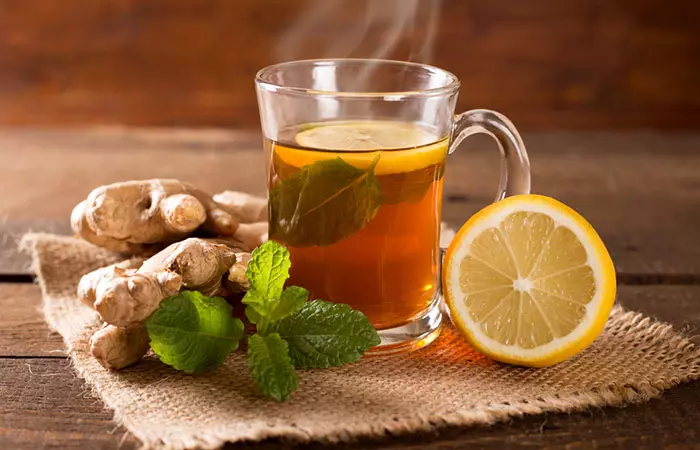
Ingredients
- ginger
- boiling water
- honey
Instructions
- Slice and peel 1 small piece of ginger.
- Take a saucepan and boil 1 cup of water.
- Add the sliced ginger and 1 teaspoon of honey to the boiling water.
- Bring the mixture to a boil and then bring it down to a simmer.
- Let the mixture simmer for 5 minutes.
- Remove the ginger from the mixture.
- Pour the mixture into your favorite cup and sip it hot.
 Quick Tip
Quick Tip2. Turmeric Milk
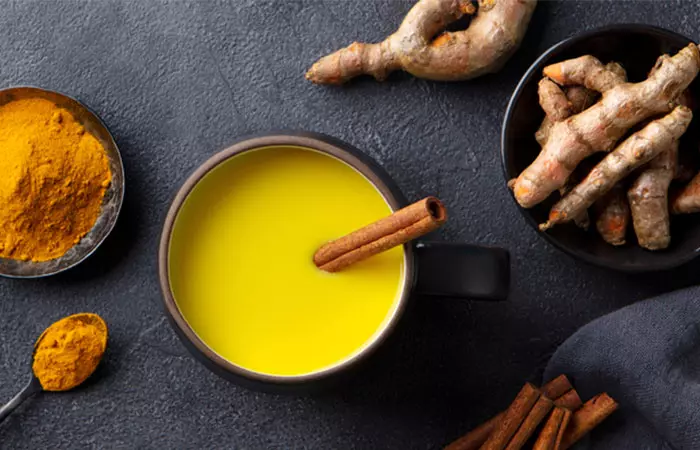
Ingredients
- turmeric powder
- pepper powder
- milk
- honey
Instructions
- Take 1 cup of milk in a saucepan.
- Boil it till it becomes slightly hot.
- Add 1 teaspoon of turmeric powder.
- Add 1 teaspoon of pepper powder.
- Stir it well till the powders mix well.
- Add 1 teaspoon of honey and stir it.
- Pour it into your favorite cup and sip it.
 Quick Tip
Quick Tip3. Ginger And Turmeric Smoothie
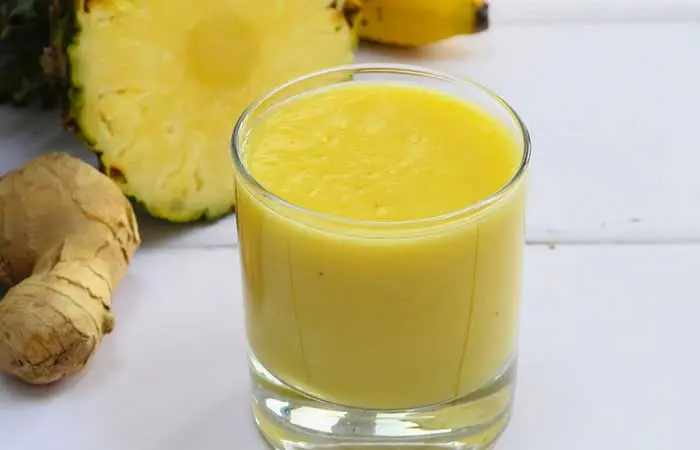
Ingredients
- 1 teaspoon grated ginge
- ½ teaspoon turmeric
- 1 frozen banana
- 1 carrot
- ½ cup pineapple
- 1 cup water
Instructions
- Add all ingredients to a blender.
- Blend until you get a smooth consistency.
- Pour it into a glass and enjoy.
4. Ginger, Squash, And Turmeric Soup

Ingredients
- 1 tablespoon olive oil
- 1 cup chopped carrots
- ½ cup chopped butternut squash
- 2 garlic cloves, minced
- 1 tablespoon grated ginger
- 1 tablespoon turmeric powder
- 1 teaspoon salt
- ½ teaspoon pepper
- 2 cups low-sodium vegetable broth
Instructions
- Heat olive oil in a saucepan.
- Add carrots and squash to it and saute for 3-5 minutes.
- Add garlic, ginger, turmeric, salt, and pepper, and saute for another 3-5 minutes.
- Add the vegetable broth to the vegetables and bring it to a boil.
- Now, lower the heat to medium, cover the pan, and simmer for 20 minutes.
- Turn off the flame and add everything to a blender.
- Blend until creamy and serve!
Apart from these recipes, you may also use the following tips to enjoy the turmeric and ginger benefits:
- Add them to your rice, vegetables, or other recipes while cooking.
- Sprinkle ground turmeric and ginger into stews or broths.
- Add them to marinades for tofu, chicken, or fish to enhance the flavor.
- Blend them into salad dressings for a zesty, tangy kick.
- Use them in your baking recipes like cookies and muffins.
Turmeric milk benefits are quite well-known. A nice, hot cup of ginger tea in the evening or a warm cup of turmeric milk can energize you, give you a much-needed break from work, and help you relax.
However, despite their benefits, both spices may cause some side effects.
Let us take a peek at some of the side effects of turmeric and ginger.
Side Effects
Just like everything else in this world, turmeric and ginger have their benefits and side effects. Moderate intake of ginger and turmeric is considered safe. Both ingredients may cause nausea, vomiting, diarrhea, heartburn, and abdominal discomfort when consumed in excess (27), (28). Here are a few potential side effects of consuming turmeric and ginger:
- Higher Chance Of Developing Kidney Stones
Research states that turmeric contains oxalates, which are compounds that are expelled from the body during excretion.
Too much oxalate can increase your risk of developing kidney stones. This was seen in a study conducted by researchers to see the effect of turmeric and cinnamon on the excretion of urinary oxalate. The results show that high doses of turmeric lead to a comparatively higher rate of urinary oxalate excretion, increasing the risk of developing kidney stones (29).
- Ginger Can Cause Gas And Bloating
The National Center for Complementary and Integrative Health states that one of the side effects of ginger consumption is that it may cause gas and bloating (30).
In addition, both these herbs may with certain medications, such as blood thinners, and may increase the risk of bleeding (31), (32).
Other than the above-mentioned side effects, consuming turmeric and ginger in moderation is the best way to go about it. If you experience any side effects, stop consuming these herbs and consult your doctor immediately. Now, let’s check out whether ginger and turmeric can help you fight pain and sickness.
Can Ginger And Turmeric Help Fight Pain And Sickness?
This dynamic duo has countless benefits that are essential for us. But can ginger and turmeric reduce pain? Let us see what research has to say about that. A study was conducted in the year 2016 to see the effect of ginger extract and echinacea on the pain and inflammation of patients with osteoarthritisi A form of arthritis common in old age that results from the wearing down of cartilage surrounding the joints, leading to symptoms like stiffness and chronic pain. of the knees. The patients were given ginger extract and echinacea extract and their level of improvement was tracked for 30 days. The results showed a significant improvement in pain and inflammation in the patients, proving the effectiveness of ginger as a remedy for pain (33).
Research suggests that turmeric is an effective pain reliever. A study was conducted to examine the effect of curcuminoid in patients with knee osteoarthritis. The patients were either given curcuminoid or placebo for 6 weeks. The researchers found a remarkable decrease in pain and a marked improvement in the physical function of the knees (34).
Ginger and turmeric together have proven to be very successful in fighting pain, especially in people diagnosed with osteoarthritis. Let us look into whether ginger and turmeric are good for regular consumption.
Is It Good To Consume Turmeric And Ginger Every Day?
Modern research does not suggest the exact amount of turmeric and ginger you can consume on a daily basis. But consuming a moderate amount of turmeric and ginger with water or milk on a regular basis is recommended and can go a long way in developing a healthy lifestyle.
Adults should not ingest more than 4 grams of ginger root and 1 gram of turmeric per day (35), (36). However, it is best to consult a doctor before consuming the fresh herbs or their supplements.
The terrific tubes, ginger, and turmeric are the superstars that have been extensively studied and researched by the scientific community for centuries. Be it individually or combined, the benefits of ginger and turmeric are numerous. From reducing pain and nausea to being beneficial to our memory and body, these two rhizomes are what we need to spice up our lives. You can incorporate small amounts of ginger and turmeric in your routine by making ginger tea or turmeric milk and see the benefits that they provide. Juliana Tamayo adds, “Turmeric and ginger are a great mix to have any time of the day. If you want to have them at night, pair them with chamomile tea, lemon water, or in a golden latte for a good night’s sleep. Taking turmeric and ginger before bed might lead to better sleep, which can help relax your body and reduce pain.”
Infographic: Ways To Include Ginger And Turmeric In Your Wellness Routine
Ginger and turmeric are two natural ingredients that are not only therapeutic on their own but can also enhance each other’s taste and health benefits when consumed together. Click on the infographic below to learn the different ways you can include them both in your diet and wellness routine. Scroll down!
Some thing wrong with infographic shortcode. please verify shortcode syntax
Ginger and turmeric are replete with beneficial nutrients and offer many benefits. These tubers are often featured in home remedies that promote good skin and overall health. The turmeric and ginger benefits range from better immunity to regulated blood pressure levels. Ginger is good for improving cognitive function and lowering blood cholesterol levels. Turmeric also promotes heart, skin, and eye health. You can reap the benefits of these condiments by infusing them into teas. However, excess consumption may lead to bloating or increase the risk of kidney stones. Hence, limit their consumption and seek medical advice if you experience any side effects.
Frequently Asked Questions
Is turmeric and ginger good at night?
Jesse Feder, RD, CPT, CSCS, Clinical Dietitian at the Memorial Regional Hospital South, says, “Turmeric and ginger are safe, effective, and good at night. Turmeric has calming properties and both of them also help reduce any GI discomforts, which can help you fall asleep at night and leave you feeling less bloated.”
How long do turmeric and ginger take to work?
When taken daily, turmeric and ginger may show positive results within a month or two.
Can you take ginger and turmeric on an empty stomach?
Yes, ginger and turmeric can be consumed on an empty stomach.
What is the best time of day to take turmeric?
The best time to take turmeric would be soon after you wake up in the morning or just before bed.
Illustration: Benefits Of Turmeric And Ginger, How To Use, & Side Effects
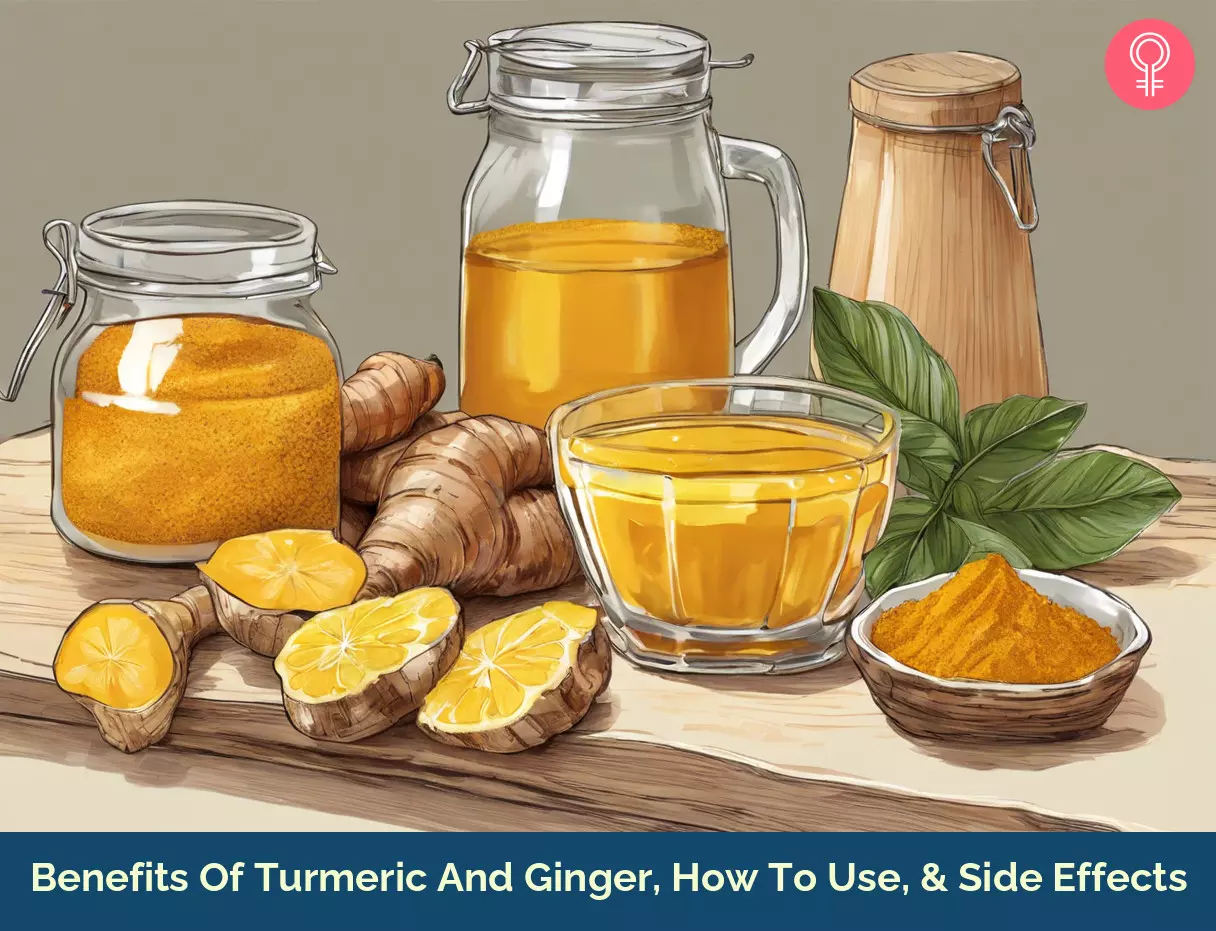
Image: Stable Diffusion/StyleCraze Design Team
Watch this video and discover the amazing health benefits of combining turmeric and ginger! Learn how these two powerful spices can help improve your overall health.
Personal Experience: Source
StyleCraze's articles are interwoven with authentic personal narratives that provide depth and resonance to our content. Below are the sources of the personal accounts referenced in this article.
i. I Took a Ginger Shot Every Morning for a Month and It Transformed My Energy Levels;https://medium.com/@loiducduong/i-took-a-ginger-shot-every-morning-for-a-month-and-it-transformed-my-energy-levels-a6a18c7716a3
References
Articles on StyleCraze are backed by verified information from peer-reviewed and academic research papers, reputed organizations, research institutions, and medical associations to ensure accuracy and relevance. Read our editorial policy to learn more.
- The Amazing And Mighty Ginger
https://www.ncbi.nlm.nih.gov/books/NBK92775/ - Turmeric: Origin And History
https://link.springer.com/chapter/10.1007/978-3-030-29189-1_1 - Can Nausea And Vomiting Be Treated With Ginger Extract?
https://pubmed.ncbi.nlm.nih.gov/25912592/ - Evaluation Of Daily Ginger Consumption For The Prevention Of Chronic Diseases In Adults: A Cross-Sectional Study
https://pubmed.ncbi.nlm.nih.gov/28336112/ - “Spicing Up” Of The Immune System By Curcumin
https://pubmed.ncbi.nlm.nih.gov/17211725/ - Treatment of the common cold with herbs used in Ayurveda and Jamu: monograph review and the science of ginger, liquorice, turmeric and peppermint
https://pmc.ncbi.nlm.nih.gov/articles/PMC10278442/ - A Randomized, Pilot Study To Assess The Efficacy And Safety Of Curcumin In Patients With Active Rheumatoid Arthritis
https://pubmed.ncbi.nlm.nih.gov/22407780/ - The Effects Of Ginger Intake On Weight Loss And Metabolic Profiles Among Overweight And Obese Subjects: A Systematic Review And Meta-Analysis of Randomized Controlled Trials
https://pubmed.ncbi.nlm.nih.gov/29393665/ - Definition And Facts Of Indigestion
https://www.niddk.nih.gov/health-information/digestive-diseases/indigestion-dyspepsia/definition-facts - Effect Of Ginger On Gastric Motility And Symptoms Of Functional Dyspepsia
https://www.ncbi.nlm.nih.gov/pmc/articles/PMC3016669/ - Comparison Of Effects Of Ginger, Mefenamic Acid, And Ibuprofen On Pain In Women With Primary Dysmenorrhea
https://pubmed.ncbi.nlm.nih.gov/19216660/ - Zingiber Officinale Improves Cognitive Function Of The Middle-Aged Healthy Women
https://www.ncbi.nlm.nih.gov/pmc/articles/PMC3253463/ - Serum cholesterol levels and risk of cardiovascular death: A systematic review and a dose-response meta-analysis of prospective cohort studies
https://pmc.ncbi.nlm.nih.gov/articles/PMC9316578/ - Effects Of Ginger On LDL-C, Total Cholesterol And Body Weight
https://www.researchgate.net/publication/327723516_Effects_of_Ginger_on_LDL-C_Total_Cholesterol_and_Body_Weight - Novel Form Of Curcumin Improves Endothelial Function in Young, Healthy Individuals: A Double-Blind Placebo Controlled Study
https://www.hindawi.com/journals/jnme/2016/1089653/ - Depression
https://www.who.int/news-room/fact-sheets/detail/depression - Efficacy And Safety Of Curcumin In Major Depressive Disorder: A Randomized Controlled Trial
https://pubmed.ncbi.nlm.nih.gov/23832433/ - An overview of curcumin in neurological disorders
https://pmc.ncbi.nlm.nih.gov/articles/PMC2929771/ - Depressant effect of geraniol on the central nervous system of rats: Behavior and ECoG power spectra
https://pmc.ncbi.nlm.nih.gov/articles/PMC6306311/ - Dietary Curcumin Enhances Insulin Clearance In Diet-Induced Obese Mice Via Regulation Of Hepatic PI3K-AKT Axis And IDE, And Preservation Of Islet Integrity
https://pubmed.ncbi.nlm.nih.gov/31372175/ - Effects Of Turmeric (Curcuma Longa) On Skin Health: A Systematic Review Of The Clinical Evidence
https://pubmed.ncbi.nlm.nih.gov/27213821/ - Therapeutic Potential Of Curcumin In Major Retinal Pathologies
https://pubmed.ncbi.nlm.nih.gov/29404861/ - Ginger root, raw
https://fdc.nal.usda.gov/fdc-app.html#/food-details/169231/nutrients - Ginger bioactives: A comprehensive review of health benefits and potential food applications
https://pmc.ncbi.nlm.nih.gov/articles/PMC10669910/ - Spices, turmeric, ground
https://fdc.nal.usda.gov/food-details/172231/nutrients - Chapter 13 Turmeric, the golden spice
https://www.ncbi.nlm.nih.gov/books/NBK92752/ - Turmeric and Its Major Compound Curcumin on Health: Bioactive Effects and Safety Profiles for Food, Pharmaceutical, Biotechnological and Medicinal Applications
https://www.ncbi.nlm.nih.gov/pmc/articles/PMC7522354/ - Ginger on Human Health: A Comprehensive Systematic Review of 109 Randomized Controlled Trials
https://www.ncbi.nlm.nih.gov/pmc/articles/PMC7019938/ - Effect Of Cinnamon And Turmeric On Urinary Oxalate Excretion, Plasma Lipids, And Plasma Glucose In Healthy Subjects
https://pubmed.ncbi.nlm.nih.gov/18469248/ - Ginger
https://www.nccih.nih.gov/health/ginger - Turmeric
https://pubmed.ncbi.nlm.nih.gov/30000906/ - Effects of Oral Ginger Supplementation on the INR
https://www.ncbi.nlm.nih.gov/pmc/articles/PMC6594244/ - The Effect And Safety Of Highly Standardized Ginger (Zingiber Officinale) And Echinacea (Echinacea Angustifolia) Extract Supplementation On Inflammation And Chronic Pain In NSAIDs Poor Responders. A Pilot Study In Subjects With Knee Arthrosis
https://pubmed.ncbi.nlm.nih.gov/27737573/ - Curcuminoid Treatment For Knee Osteoarthritis: A Randomized Double-Blind Placebo-Controlled Trial
https://pubmed.ncbi.nlm.nih.gov/24853120/ - Ginger Root
https://www.ncbi.nlm.nih.gov/books/NBK565886/ - Turmeric
https://www.ncbi.nlm.nih.gov/books/NBK548561/
Read full bio of Silky Mahajan
- As a registered dietitian since 2010 and a freelance health writer since 2011, Staci has treated hundreds of patients for nutrition-related issues. She also has written for popular sites like Shape, Health, and GoodRx, and has also worked as a Featured Nutrition Expert for OprahMag, StyleCraze, and EatThisNotThat. You can keep up with her latest articles and featured publications on her blog – www.lighttracknutrition.com.Staci has graduated from Columbia University. She also authored a self-help eBook How to Reset Your Health and two cookbooks titled The High Protein Bariatric Cookbook and The Healthy Bariatric Smoothies Recipe Book. She hopes to use her writing to help others become their healthiest self.Staci, at the moment, is shopping for an agent for her latest book project focused on revolutionizing the way we talk about food.
 As a registered dietitian since 2010 and a freelance health writer since 2011, Staci has treated hundreds of patients for nutrition-related issues. She also has written for popular sites like Shape, Health, and GoodRx, and has also worked as a Featured Nutrition Expert for OprahMag, StyleCraze, and EatThisNotThat. You can keep up with her latest articles and featured publications on her blog – www.lighttracknutrition.com.Staci has graduated from Columbia University. She also authored a self-help eBook How to Reset Your Health and two cookbooks titled The High Protein Bariatric Cookbook and The Healthy Bariatric Smoothies Recipe Book. She hopes to use her writing to help others become their healthiest self.Staci, at the moment, is shopping for an agent for her latest book project focused on revolutionizing the way we talk about food.
As a registered dietitian since 2010 and a freelance health writer since 2011, Staci has treated hundreds of patients for nutrition-related issues. She also has written for popular sites like Shape, Health, and GoodRx, and has also worked as a Featured Nutrition Expert for OprahMag, StyleCraze, and EatThisNotThat. You can keep up with her latest articles and featured publications on her blog – www.lighttracknutrition.com.Staci has graduated from Columbia University. She also authored a self-help eBook How to Reset Your Health and two cookbooks titled The High Protein Bariatric Cookbook and The Healthy Bariatric Smoothies Recipe Book. She hopes to use her writing to help others become their healthiest self.Staci, at the moment, is shopping for an agent for her latest book project focused on revolutionizing the way we talk about food. - Alicia Chacha Miller is a Registered Dietitian specializing in maternal and pediatric nutrition. She obtained her Master's degree in Nutrition Sciences from the University of Southern California. Her work is focused on bridging the gap in health disparities between BIPOC (Black, Indigenous, and People of Color) and other races by making nutrition education available, accessible, and easy to understand. She is the founder of The Cardamom Nutrition, where evidence-based practice, diversity, inclusion, cultural competence, and compassion all collide.
 Alicia Chacha Miller is a Registered Dietitian specializing in maternal and pediatric nutrition. She obtained her Master's degree in Nutrition Sciences from the University of Southern California. Her work is focused on bridging the gap in health disparities between BIPOC (Black, Indigenous, and People of Color) and other races by making nutrition education available, accessible, and easy to understand. She is the founder of The Cardamom Nutrition, where evidence-based practice, diversity, inclusion, cultural competence, and compassion all collide.
Alicia Chacha Miller is a Registered Dietitian specializing in maternal and pediatric nutrition. She obtained her Master's degree in Nutrition Sciences from the University of Southern California. Her work is focused on bridging the gap in health disparities between BIPOC (Black, Indigenous, and People of Color) and other races by making nutrition education available, accessible, and easy to understand. She is the founder of The Cardamom Nutrition, where evidence-based practice, diversity, inclusion, cultural competence, and compassion all collide.
Read full bio of Varsha Patnaik
Read full bio of Ravi Teja Tadimalla
Read full bio of Payal Karnik







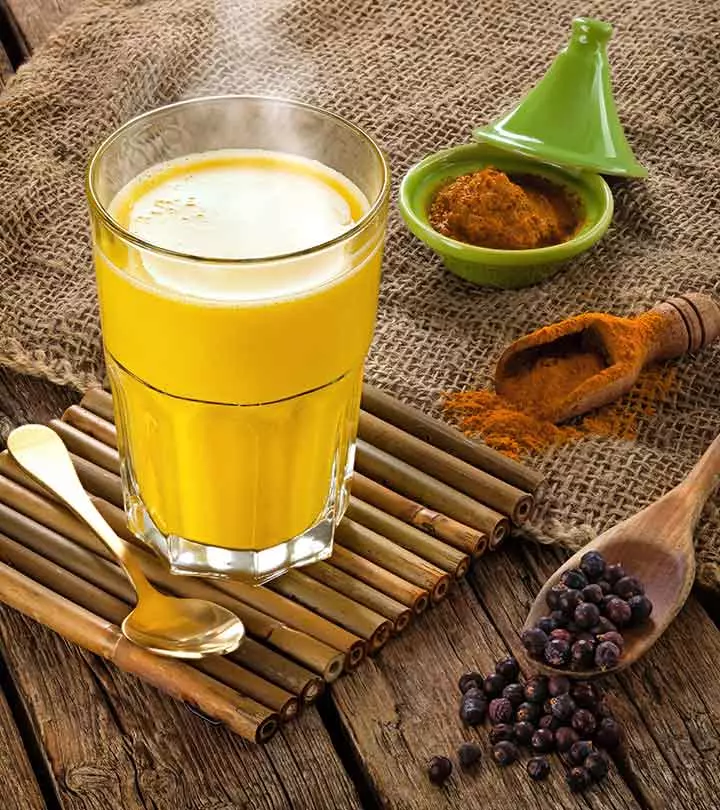
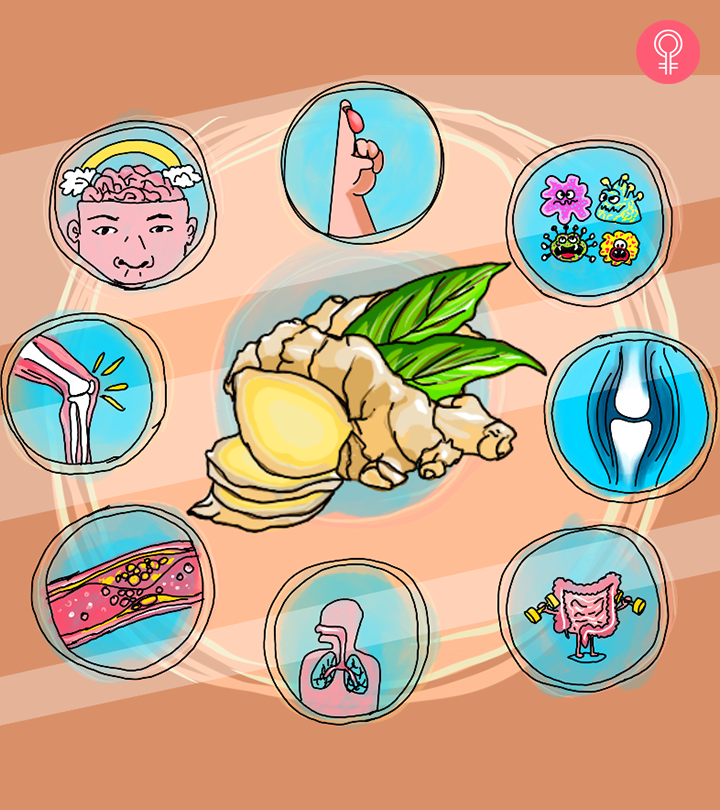
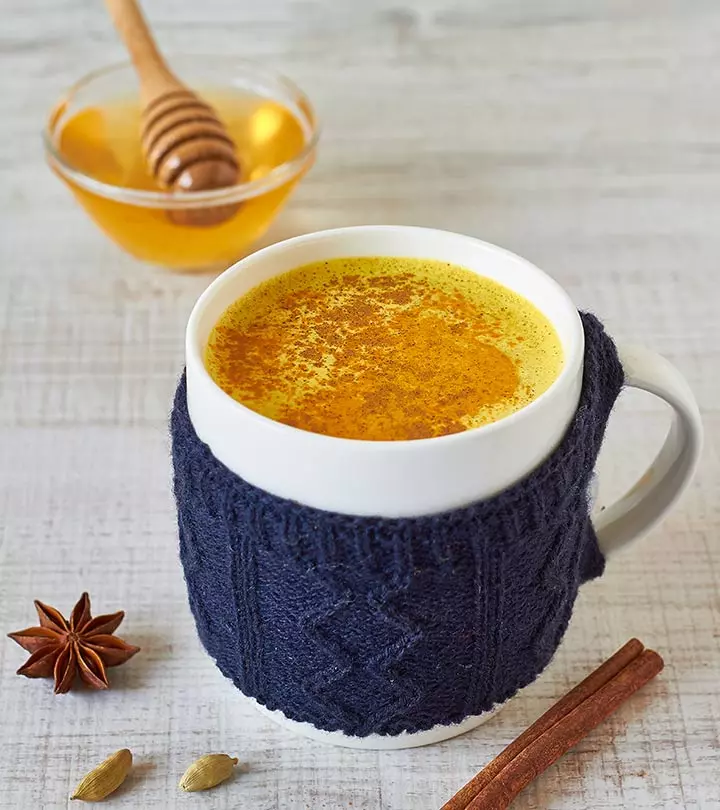
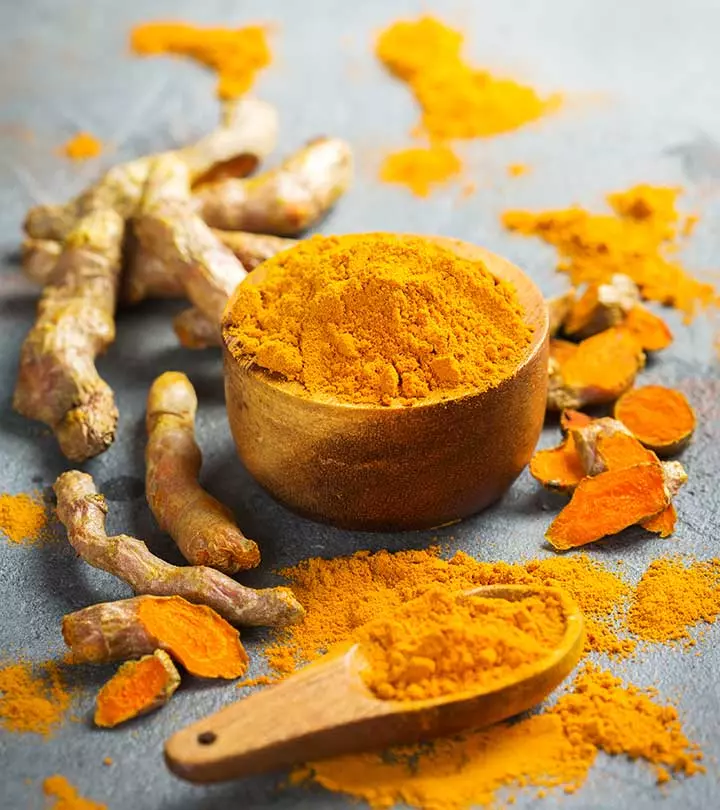
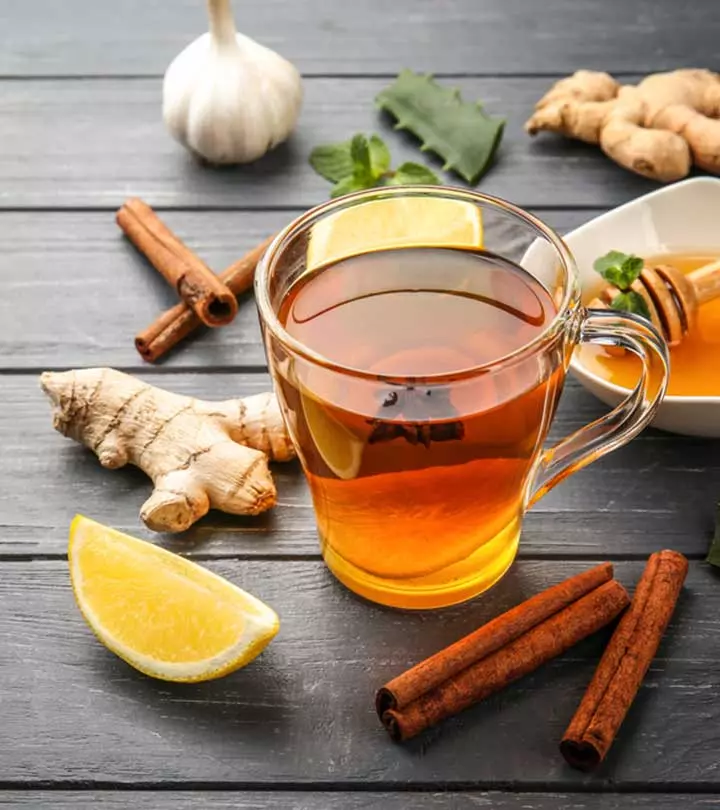
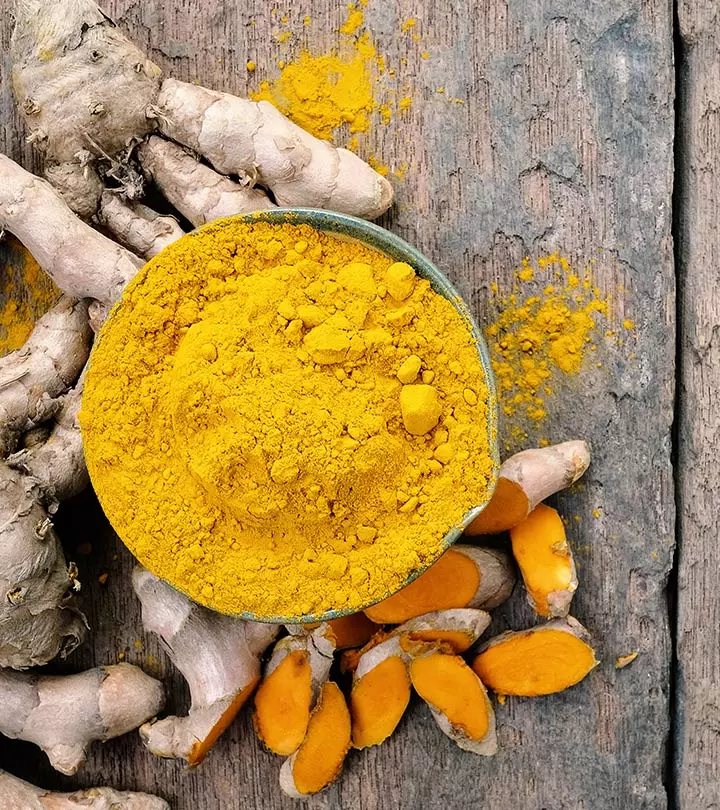
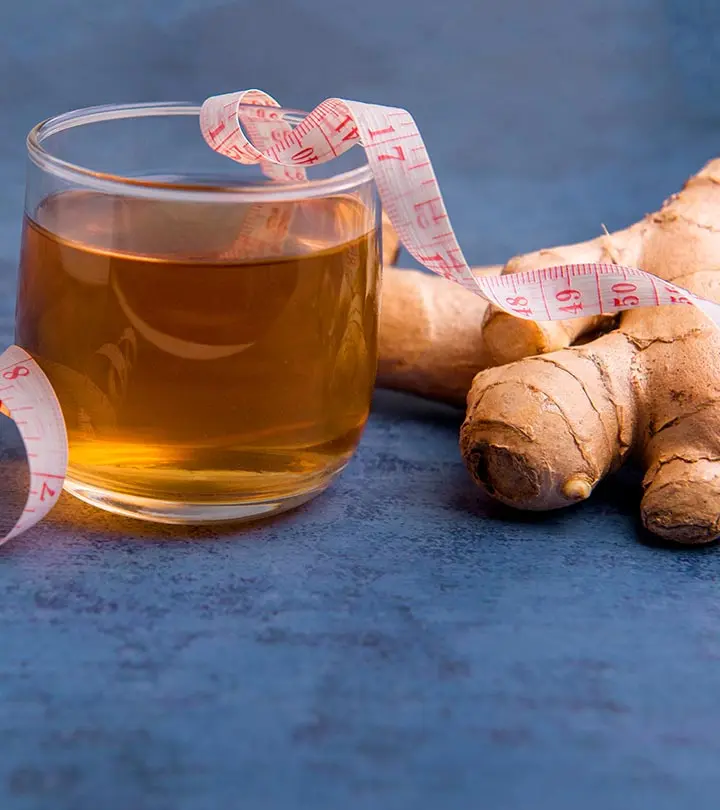
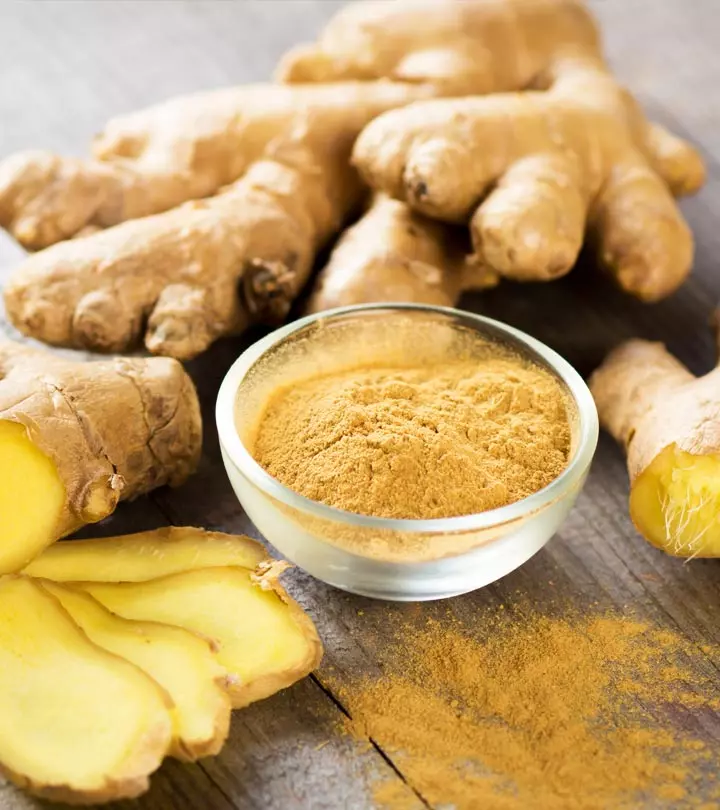



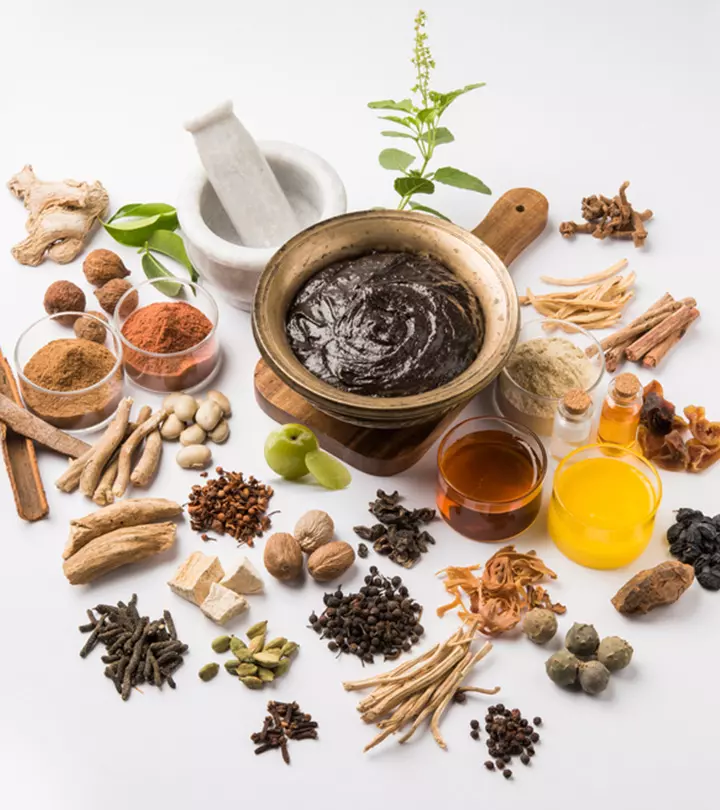
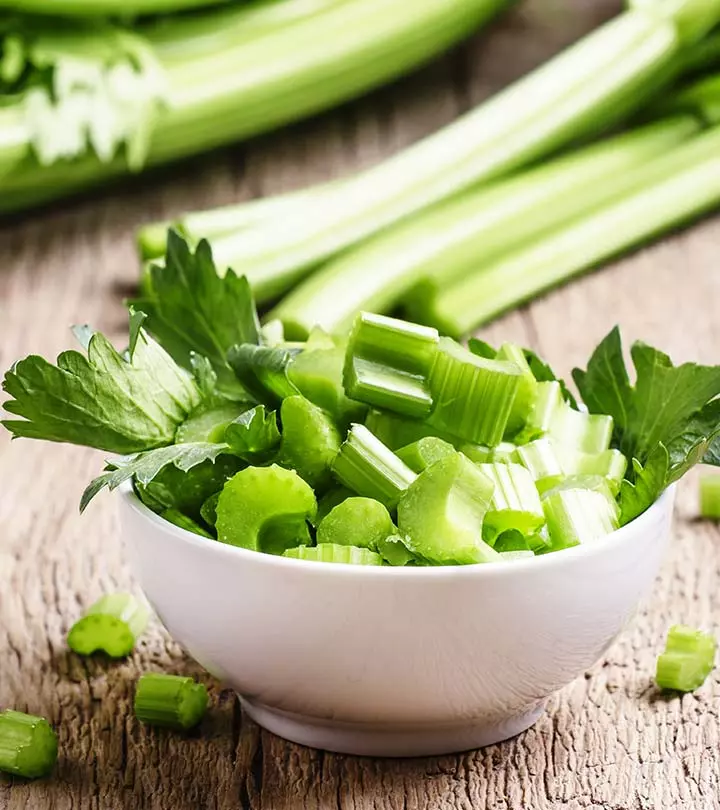

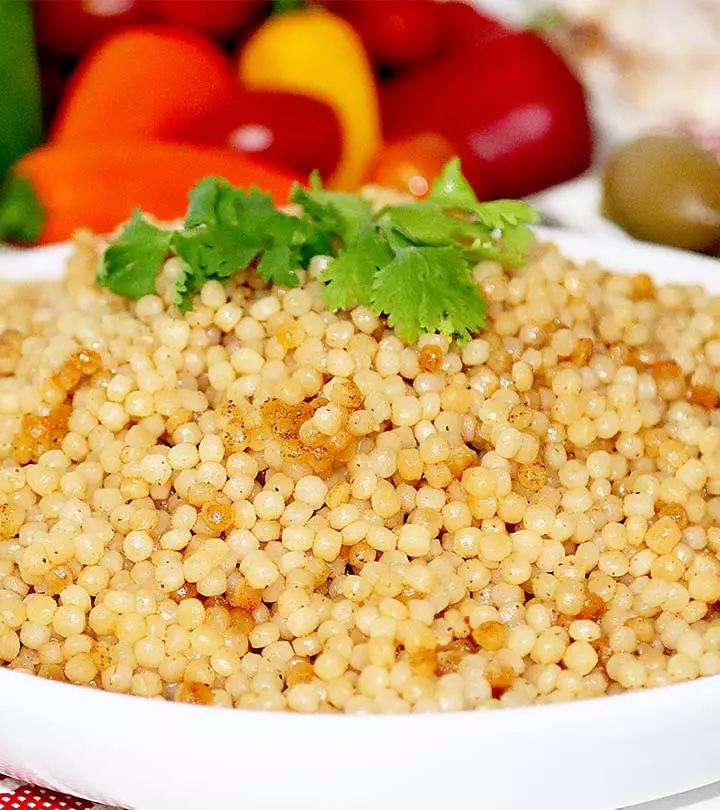

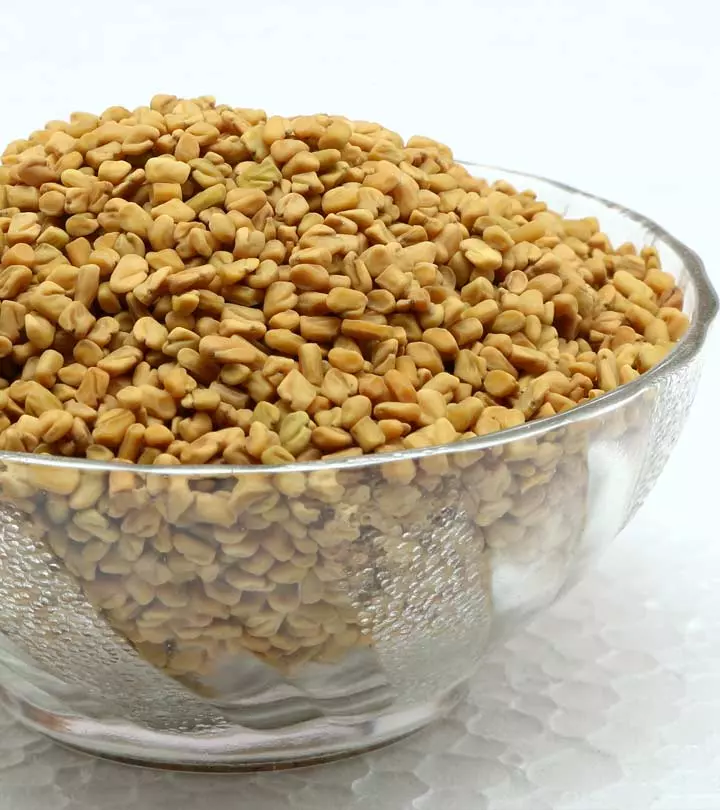
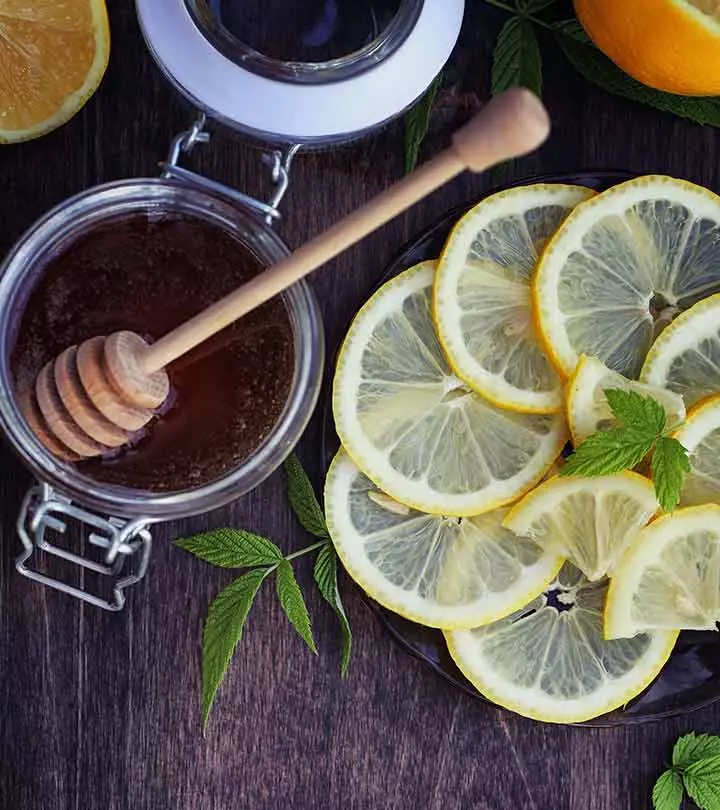
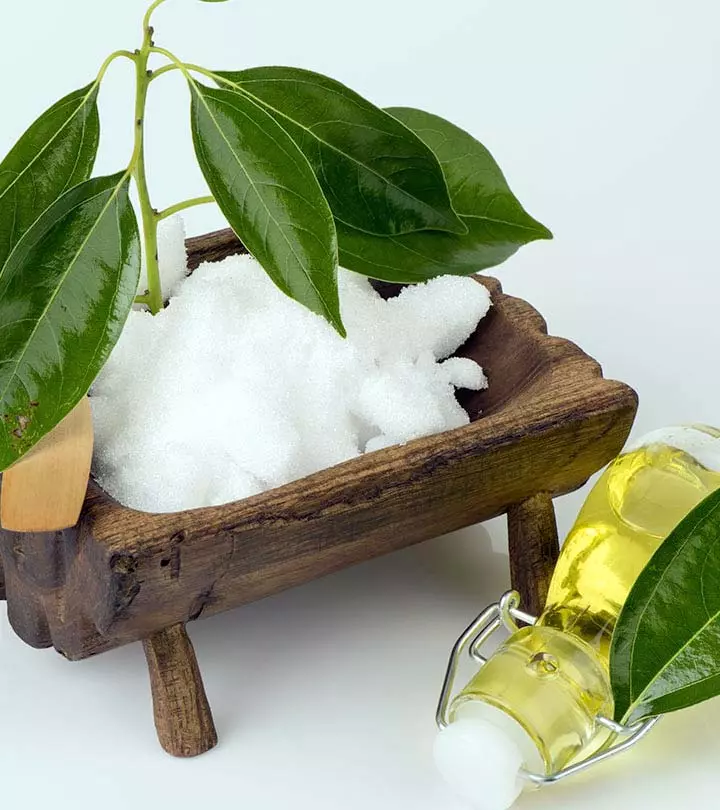

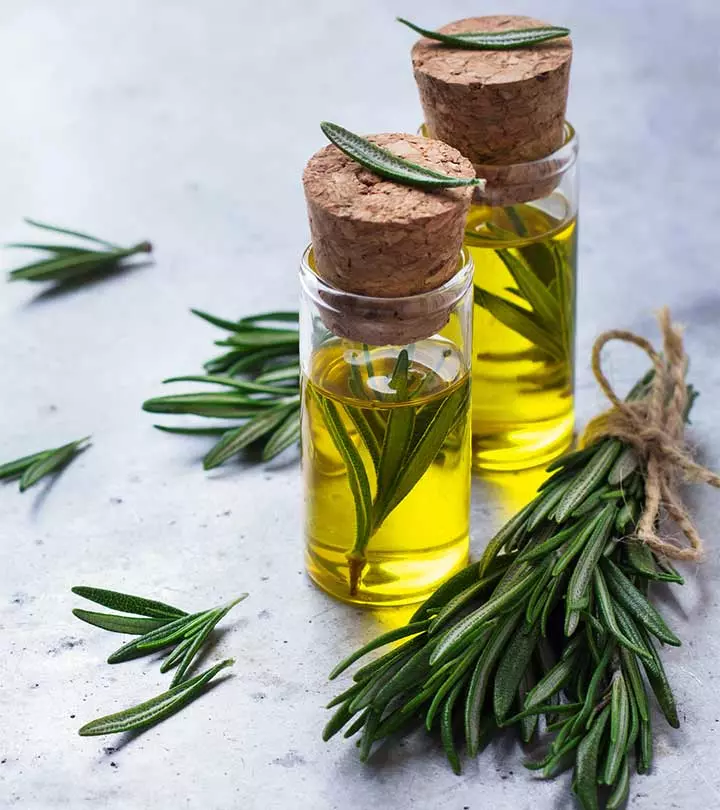
Community Experiences
Join the conversation and become a part of our empowering community! Share your stories, experiences, and insights to connect with other beauty, lifestyle, and health enthusiasts.